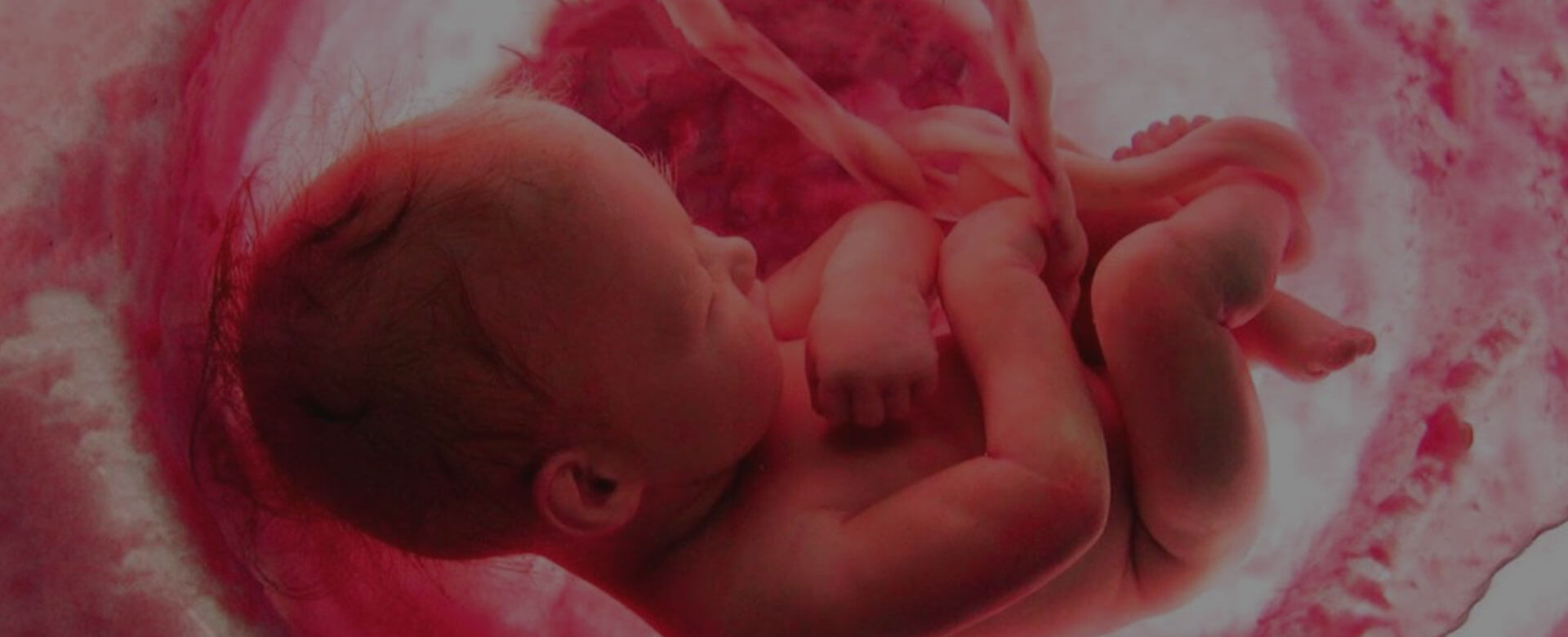Umbilical cord blood contains stem cells, but not only: it is also a source of Natural Killer (NK) cells. Let’s discover why also these cells are important and it is worth to bank them.
Umbilical cord blood and stem cells
Umbilical cord blood has been harvesting for more than 25 years. Since first attempts this practice, which represents a real therapeutic opportunity to treat several pathologies, builded more and more scientific consensus. Umbilical cord blood stem cells can replace all immune system and blood elements that could be damaged. That is why they can be used to treat leukemia, lymphomas, medullar aplasia, thalassemia, and severe immune system deficiencies.
Today umbilical cord is treated as a waste in 95% of cases. However, more than 5 million cord blood samples are cryopreserved in private cord blood banks. This is the demonstration that families are looking every day for more informations on umbilical cord blood potentialities and on the features of its stem cells.
The new frontier of cord blood banking: NK cells
Stem cell treatments are continuously evolving, and there are several progresses in medical research devoted to finding therapies for a number of common, severe health conditions (heart attack, neurodegenerative pathologies such as Parkinson’s and Alzheimer’s disease, degenerative pathologies of the liver, kidney, retina, cornea, and the auditory system, diabetes, and several others). Today parents that want to harvest their baby’s cord blood have one more good reason to do it: to guarantee a reserve of NK cells for autologous (that is, by the baby) or haploidentical (that is, by a partially compatible relative) use.
Discovered more than 40 years ago, in the last 10 years NK cells received particular attention from oncologists and immunologists. Their importance lies in their ability to kill cancer cells without needing prior activation, directly destroying them.
Umbilical cord blood NK cell banking
NK cells are present in peripheral blood too. Even if cord blood NK cells are less mature and less cytotoxic tha peripheral blood ones, they are more abundant and easier to isolate. Moreover, they can be expanded ex vivo (that is, outside the body) to obtain sufficient numbers for clinical application from the small volume of an umbilical cord blood unit. Expanded umbilical cord blood NK cells possess an activity similar to that of ex vivo activated peripheral blood NK cells.
Having a NK cell sample ready to use is enormously useful. In fact, NK cells have been used in several clinical studies to treat cancer patients. Moreover, these cells play a role in the autoimmune response and are involved in the development of pathologies such as multiple sclerosis, rheumatoid arthritis, and systemic lupus erythematosus.
Bioscience Institute banking service
The Cell Factory of Bioscience Institute allows parents to cryopreserve both umbilical cord blood stem cells and NK cells. Thanks to the innovative procedure, which make use of a 3D four compartments bag that can host cells for at least 20 years, a multiple use of cryopreserved umbilical cord blood is possible.
For more informations, visit cord blood banking webpage or call us at +971 (0)4 375 7220.
References
Chabannon C et al. Front Immunol. 2016 Nov 15; 7:504. doi: 10.3389/fimmu.2016.00504
Balassa K and Rocha V. Expert Opin Biol Ther. 2018 Feb;18(2):121-134. doi: 10.1080/14712598.2018.1402002
Liu E et al. Leukemia. 2018 Feb;32(2):520-531. doi: 10.1038/leu.2017.226
Brown KS et al. The Future State of Newborn Stem Cell Banking. J Clin Med. 2019 Jan 18;8(1). pii: E117. doi: 10.3390/jcm8010117


